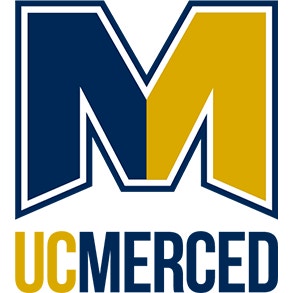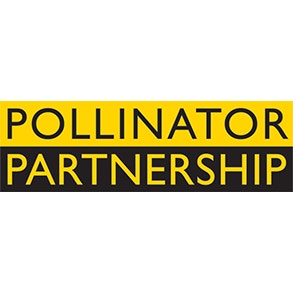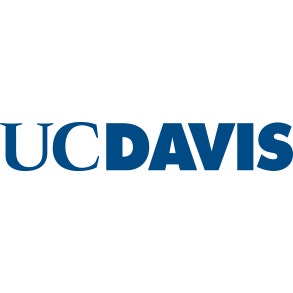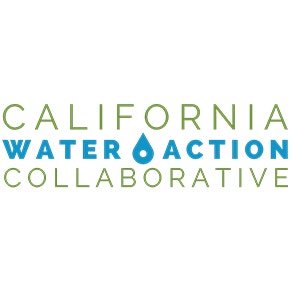
It’s time for a kinder way to grow food.
1/3 of greenhouse gas emissions come from our food system. Current farming practices deplete soil nutrients with every planting. We’re looking for a kinder way.
Welcome to KIND’s three-year pilot project, testing a combination of regenerative agriculture practices (regen ag) and modern technologies on 500 acres in California in partnership with our supplier, ofi.
Our goal is to source 100% of our almonds from farms leveraging regenerative agriculture practices on a mass balance basis by 2030. The KIND Almond Acres Initiative will be the first step towards reaching our goal and will help us inform how we engage with our suppliers as they transition to more sustainable practices.
It’s usually the nuts that change the world®
Investing in key research
A living, learning lab
almonds are our #1 ingredient

Which is exactly why we’re starting here – learning how to grow them more sustainably can help us be kinder to the planet.

According to the Sustainable Markets Initiative (SMI), 40% of global farmland needs to be managed with regenerative practices by 2030 to keep global warming to 1.5 degrees Celsius. Right now, we’re at 15%.

No one quite knows what combination of regen ag practices and new technologies works best for almonds in California. So, we’re looking at five practices with the KIND Almond Acres Initiative in California, where 80% of the world’s almonds are grown. We hope to gather the data and learnings we need to find the best combination of practices that will provide measurable benefits to the soil, the farm as a whole and the planet.
We’ve fallen in love with soil. Strong soil is filled with biodiversity, holds more water and stores carbon. Being kinder to the soil means we can grow the almonds we love for generations to come. One of the primary goals of regen ag is to nurture the soil, which helps us be kinder to the planet along the way.
As part of the KIND Almond Acres Initiative, we will be tracking five environmental outcomes to learn how we can grow almonds more sustainably.
The learnings from this pilot will help us set environmental targets and help inform how we reach our goal by 2030.
Potential Outcomes:

Lowered Emissions
We’re trying to decrease the amount of greenhouse gas we generate as part of ingredient production through our practices on the farm.

Reduced Water Use
Reducing our water use – and implementing practices to help the soil absorb water more efficiently – is important in a drought-prone state like California.

Healthier Soil
Healthy soil holds more water, stores CO and is filled with biodiversity – helping us grow the foods we love, like almonds!

Happier Pollinators
If it weren’t for bees, we wouldn’t have almonds! We are making sure our pollinators have the habitat they need on the farm so they can focus on doing their thing.

Sequestered Carbon
Healthy soil and trees are able to capture and store carbon that has been released into the atmosphere – pretty cool, right?
the practices

Whole Orchard Recycling
When an almond tree reaches the end of its productive life (which takes roughly 25 years, by the way) the trees are removed to make way for more almond trees that can produce almonds. With whole orchard recycling, these trees are ground into chips and reapplied back onto the orchard floor. That’s good fertilizer, but it also could help keep organic carbon in the orchard. We’re dedicating 38 acres to testing whole orchard recycling’s effect on soil health, including measuring the amount of organic carbon in the soil.
OUTCOMES
Healthier Soil

Cover Crops
We’re using a blend of five cover crops to test how introducing this practice can build soil structure, increase soil carbon levels, create pollinator habitat, and help the land become more resilient in the face of a changing climate.
OUTCOMES
Healthier Soil
Happier Pollinators
Reduced Water Use

Compost and Biochar
Biochar is a charcoal-like substance created from slow-burning almond shells. When combined with compost, a proven regenerative practice, this organic matter could potentially store carbon, decrease the need for fertilizer and increase water retention. We’re testing how well it works for almonds and whether biochar can compound the effects of compost.
OUTCOMES
Healthier Soil
Carbon Sequestration

Off-Ground Harvesting
Traditionally, almonds are harvested by shaking them off the tree, then sweeping them into rows. Collecting the almonds off trees instead of off the ground decreases soil disturbance and reduces the amount of dust in the air during harvest. Off-ground harvesting also protects the soil organic matter from being swept up, keeping everything the soil needs exactly where it should be.
OUTCOMES
Healthier Soil

Low Carbon Fertilizer
Conventional agriculture relies on nitrogen-based fertilizer, which represents around 19% of agricultural production emissions. As part of the KIND Almond Acres Initiative, we are using a nitrogen-based fertilizer with a significantly lower manufacturing carbon footprint. While this is not a practice we’re actively measuring, we hope that this will help lower the overall footprint of the farm.
OUTCOMES
Lowered Emissions

Subsurface Irrigation
The California almond community has committed to reduce the amount of water used to grow a pound of almonds an additional 20% by 2025. To do our part in understanding the best way to achieve this, we are investigating technology like subsurface irrigation. This is an irrigation system that allows growers to ensure more of the water applied is used directly by the tree. We’re testing the impacts of subsurface irrigation, so we’ll better understand which water use practices to advocate for through education and technical support.
OUTCOMES
Reduced Water Use

There’s still a lot to learn when it comes to regenerative agriculture for the almond industry. We’ve designed the KIND Almond Acres Initiative specifically to be immediately practical and help us scale to our goal of sourcing 100% of our almonds from farms leveraging regenerative agriculture practices on a mass balance basis by 2030.
Experimenting with cover crops, investing in new farm equipment, and putting in a lot of extra work is a lot to be asking of farmers. We are putting our money where our mouth is by co-creating this pilot with our supplier, ofi, to trial these practices and measure their outcomes.
it takes a real team to create real change
We’re looking for solid, science-based data that clearly shows the most impactful combination of practices and tools for almonds grown in California. For that, we need partners and third parties to provide deep expertise to support and verify the work.
Our partner on the ground, who owns our project acres and implements the KIND Almond Acres Initiative.
KIND is funding 8 scholarships for undergraduate students at UC Merced to help support the next generation of regenerative agriculture.
Works to verify that we’re sourcing our almonds from bee-friendly farmland – our goal is to source 100% of our volume, on a mass balance basis by 2025.
Our long-term sustainability & research partner, helping us understand how pollinator health and regenerative agriculture can positively impact the almond industry.






